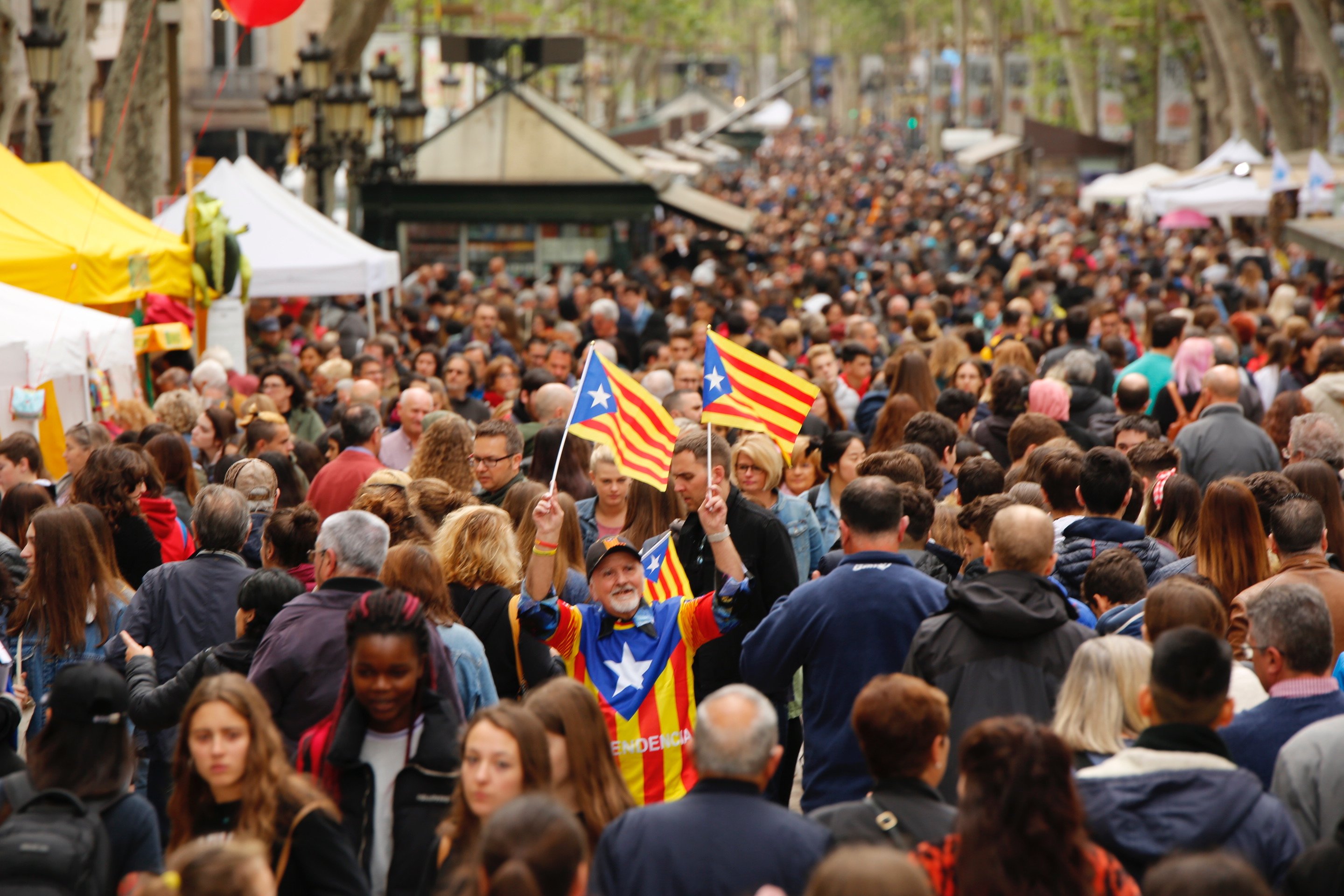Forty-five percent of Catalans believe that the solution to the dispute over Catalonia's political relationship to Spain requires dialogue and negotiation "without limits" - in particular, the limits of the Spanish Constitution. This is stated in the Survey on Polarization in Spain, carried out jointly by the International Catalan Institute for Peace (ICIP) and the business school ESADE, which shows that the option of dialogue without limits has the support of the largest plurality of Catalans - far more than the 12% preferring a unilateral approach and the 25% supporting the Spanish government's current line, limiting any negotiations to the Constitution. The option of unlimited dialogue on Catalonia also receives support from the largest group of Basques, but in the areas surveyed in the rest of the Spanish state (Andalusia, Extremadura, Galicia, Madrid and Valencian Country), the most popular option was by a wide margin to limit negotiation to the current terms of the Constitution - with support from between 43% and 48% of respondents, according to the autonomous community. The second preferred option in the rest of Spain is for the central government to impose its will on Catalonia via a "strong hand", which reaches 30% support in Extremadura.
When asked about the desired form of territorial organization, Catalans surveyed prefer either self-determination (45%) or greater self-government (22%), over those who prefer to leave the situation as at present (10%), reduce Catalan autonomy (6%) or completely eliminate autonomous communities (9%). Once again, the pattern in Catalonia and the Basque Country is very different to the rest of Spain, where the five communities surveyed mostly choose to leave things as they are (24% on average). The abolition of the autonomous communities reaches 19% support for the state as a whole, a reduction of their powers is desired by 18%, while an increase in their powers is sought by 20%.
The poll - conducted through interviews with 7,189 Spanish residents aged 15 or over between October 22nd and November 12th, 2021 - also puts on the table the transition from Francoism to the current democratic regime. For 45.5% of Catalans, the way this transition was carried out is not a "reason for pride", a percentage that contrasts with that of the rest of the Spanish state, where they believe that it is, with percentages between 42.1% and 50.3% that vary according to the territory. A smaller plurality of Catalans are proud of the transition: a total of 19.8%. Again, the only community with attitudes close to those of Catalans in the Basque Country, where 31.6% say they are not proud of the political transition, compared to 21.6% who do take pride in it.
Coexistence among citizens
The aim of the survey was to analyze the polarization and coexistence among Spanish citizens, and the authors do not detect that there is any problem of coexistence in the state. The justification for this conclusion: despite the polarization seen among political parties and the debate on territorial organization, there is still consensus on issues such as gender equality and the perception of coexistence among the people in the places where they live. In fact, 59.7% of Catalans consider coexistence in their municipality or neighbourhood to be good or very good, and 48.2% think the same about the whole of their autonomous community. The Spanish averages for these same coexistence assessments were 68.6% and 63.6% respectively.

